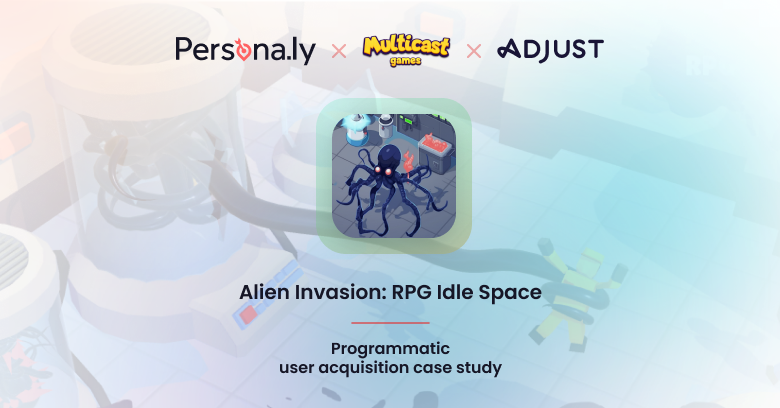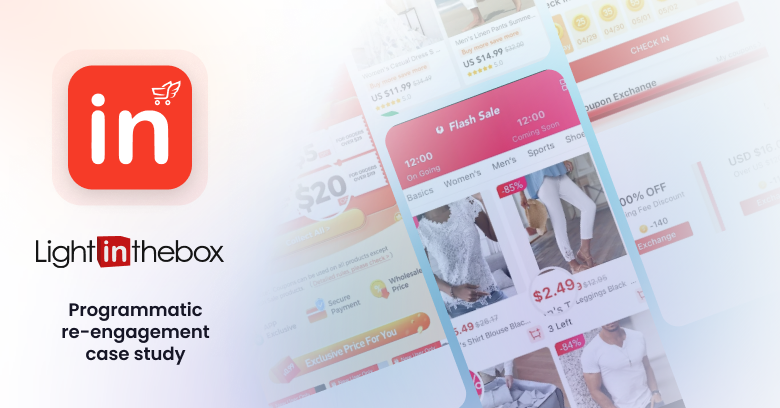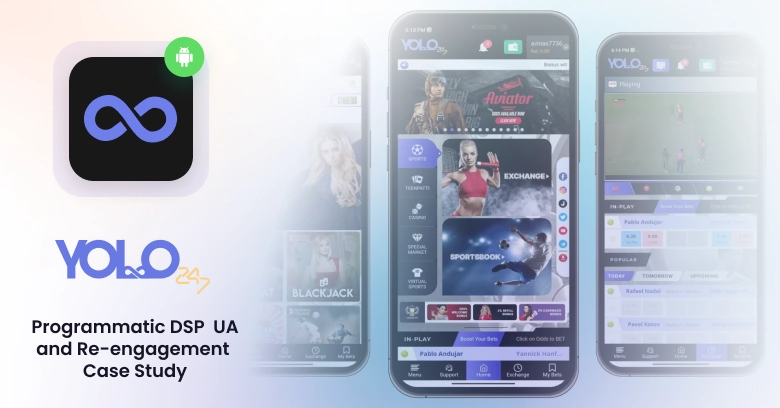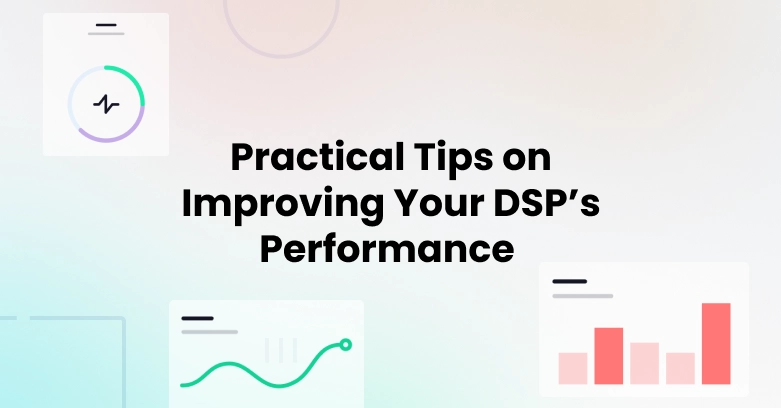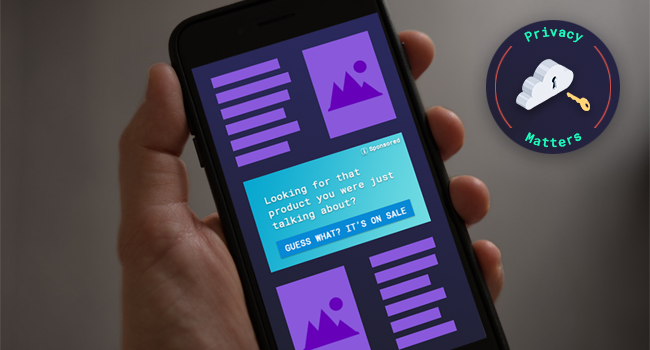
Privacy Matters Pt. 1 – Why We Think Ads Are Creepy
When was the last time one of your friends swore he got an ad for lower back pain treatment even though he never told anyone about it? Or the last time one of your friends mentioned he keeps seeing the same ads all the time, no matter where she goes online? That friend that keeps getting ads for a vacation in Thailand after he just talks about it? It might be too small of a sample size, but personally, I hear this kind of story every couple of days.
My initial reaction to hearing these stories when they started popping up somewhere around 2011, depending on how believable and logical they sounded compared to others, was expressing sympathy and relating to the feeling of privacy violation and creepiness that ensues obtaining the knowledge that ads can be targeted at such a granular level. As the frequency grew and I learned a bit more about how targeting works and what its goals and limitations are, I started dismissing them almost entirely.
According to an article published in 2014 by Irina Shklovski, an associate professor at ITU Copenhagen, there’s a variety of emotions that can be triggered due to such privacy violations:
“Encountering a violation of contextual integrity of one’s information can result in a range of emotional responses, though it may not necessarily lead to outward action to alleviate the problem. One can be outraged, exasperated, horrified, even cynically bemused. Along with or in addition to these, people often describe their discomfort by referencing the word “creepy”.”
If you know me, you’d most likely assume I’d lean towards being cynically bemused, and I was. I tried to respond nicely and not too negatively (I hope) by explaining that in many cases it can easily be a coincidence or a distorted account of what actually happened (people forgetting they actually did google or read something), and in the last couple of years every time someone brought the subject up I tried to escalate my reaction to see if people would do something about it, by saying “delete this and that app” or “opt-out online, I can show you how”, but as Irina suggested, most people are distressed to some extent, but not enough to inconvenience them to make a couple of clicks in order to try and prevent feeling this way again.
Why Does This Bother Us So Much?
Think about it pragmatically for a minute – what would a huge corporation like Google or Facebook benefit from knowing your personal information? More revenue from advertisers. You might ask what else, but why would they care about anything else?
Well, they might be forced to care. You’ve probably read plenty of titles about the NSA, FBI, and other three-letter abbreviations of agencies basically demanding data from manufacturers and platforms, which thankfully seem to comply with some of the demands. This sounds disturbing, but if you try thinking while detaching emotionally, you’ll probably ask what does the government and its agencies have the benefit of knowing our personal information?
You might color me as naive for writing this, but I don’t think anyone in the NSA (or any other agency for that matter) cares about you if you’re not a known criminal/terrorist, are affiliated with terrorists/criminals, or have ever used violence that was reported to the authorities – they simply don’t have the resources to care about you. Technology definitely helps increase their effectiveness, but I don’t see them letting algorithms decide who to arrest based solely on what they write in Whatsapp groups without having a human-run a background check to quickly find out you’re just a nerd that tends to ‘flame’ his friends and enjoy friendly banter.
This way of thinking of following the money and trying to understand who benefits from this data, which is somewhat cynical intrinsically is my way of dealing with the whole privacy discussion – I don’t claim I have a perfect understanding of how the world works and what data can be collected exactly (though I have a good idea), but I think it’s a reasonable argument against the panic some people express when they feel their privacy has been violated.
If you don’t have any real skeletons in your closet, don’t break a sweat. If you do, you’re probably already all wet anyway.
Not Only What, But Who
If your significant other went through your phone to find one of your friend’s phone number to try and understand what she should get you for your birthday since he or she doesn’t understand your hobbies that well, would you feel your privacy has been violated? Would you feel it was violated if they would go over your online purchase history of clothing items to find out exactly what size shoes you wear?
I say you kind of would, but in a way that makes you feel great – “my significant other went through so much trouble to get me something I want and would actually be able to use” might describe the way you would feel. That’s what I feel when a loved one surprises me in this manner.
Saying that this kind of innocent, well-intentioned, and minuscule violations of privacy is exactly like targeted online ads is a bit of a stretch, but looking at it that way might lead you to what I concluded – it’s not only what information is gathered which makes what we feel is a privacy violation trigger emotional responses, but who gathers that information.
The Machine
Most of us know what a EULA is by now and we still just click ‘OK’ on literally all of them and go on with our lives, but what we’re actually doing is giving the application or service permission to gather our usage data as well use third-party information they can relate to us that’s already been gathered from other apps we mindlessly signed a EULA for. When we talk about applications, it doesn’t even connect this information to your identity and personal information, but to your unique advertising ID (IDFA or GAID).
When you become someone’s friend and provide them with information about your preferences, you’re doing something similar, you’re just more aware of it since you’re not signing a EULA you hadn’t read, you’re signing a verbal contract, and you’ve signed dozens of them ever since you were four years old. If we follow this comparison, we can equate third party data usage to a bunch of your friends coming together and comparing and cross-referencing information to come up with the best idea for a gift.
So when a platform serves you an ad based on what you actually need, without knowing it’s actually you (for all they know you’re no more than a unique advertising ID), without you telling it exactly what you want literally – is that really a bad thing?
In the next article in the Privacy Matters series, I’ll dive into data leaks, the GDPR, and hopefully more areas relating to privacy based on your feedback. I hope you found the first part of the series interesting – feel free to share your thoughts in the comments.


